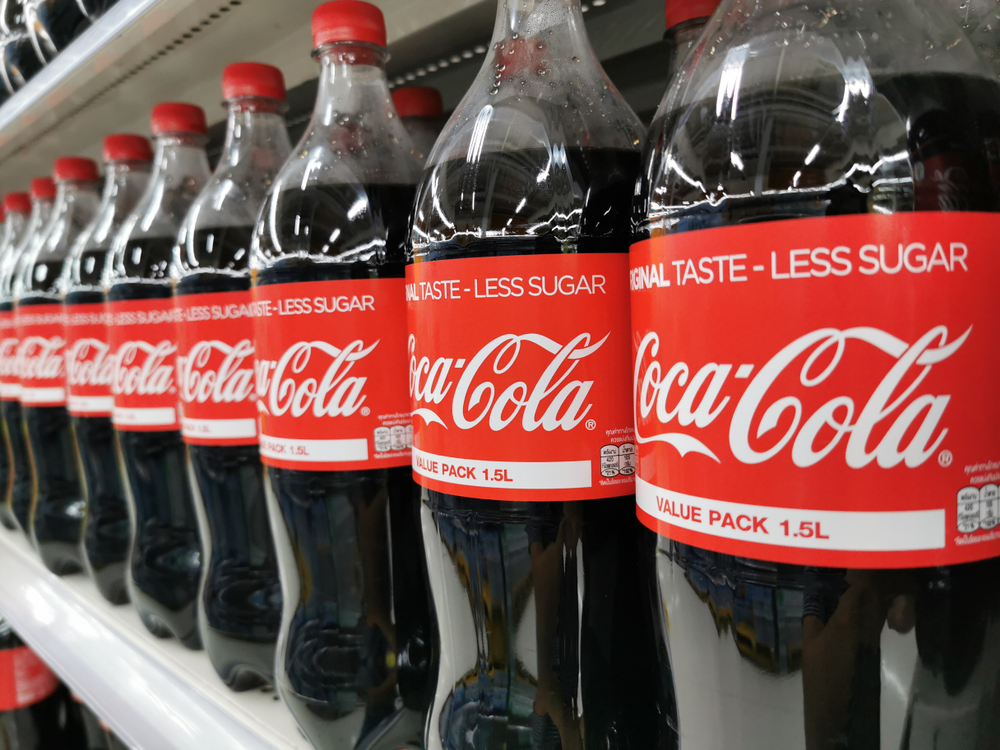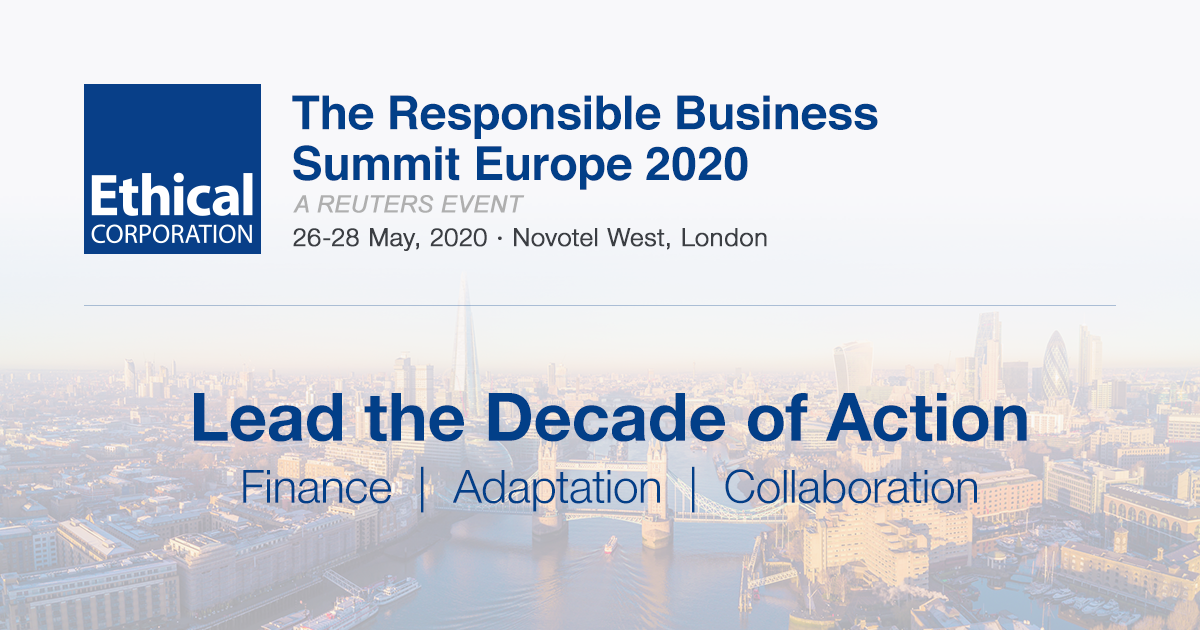In part one of his monthly Cheat Sheet roundup of sustainability news, Oliver Balch looks at the flurry of new innovation and commitments to tackle plastics waste
It’s been a busy month for plastic, with global brands making a string of significant announcements, new design innovations hitting the shelves, and some serious cash finally landing on the table.
On the innovation side, beer brand Carlsberg has launched the world’s first “paper” beer bottle made from wood fibre. Four years in gestation, the Green Fibre Bottle is the result of a joint project with tech firm ecoXpac and packaging company BillerudKorsnäs. The innovation, which uses a bio-based PEF polymer film “inner barrier” to retain the liquid, forms part of the brand’s goal of reducing its carbon footprint by 30% by 2030 (against a 2015 baseline).
The breakthrough has led to the creation of a paper bottle company called Paboco. The new entity is understood to now be working with Absolut, Coca-Cola, and L’Oréal. Meanwhile, Unilever soap brand Dove says it will launch 100% post-consumer recycled plastic bottles across its markets in Europe and North America by the end of this year. The personal care brand has also unveiled a plastic-free packaging format for its beauty bar soap.
Coca-Cola, which produces almost 3 million tonnes of plastic waste a year, the largest among fast-moving consumer goods companies, has revealed a sample bottle contained 25% recycled marine plastic.The innovation is believed to be the first example of “enhanced recycling” for the food and drinks industry, whereby used PET plastics of variable quality are upgraded to rigorous health and safety quality standards. The move is consistent with the 2017 joint pledge by Coca-Cola Western Europe and its packagers Coca-Cola European Partners to ensure half or more of the content of its plastic bottles come from recycled content.

In Great Britain, Coca-Cola is expected to hit this target next year, with the whole of Europe following by 2023 (two years ahead of its initial 2025 goal). The ubiquitous drinks brand has already said it will replace all plastic shrink wrap for its multipack cans to 100% recyclable cardboard in 2020 (impacting 30m packs). In a related move, Scottish lager manufacturer Tennent’s intends to replace all plastic packaging with cardboard from spring next year as part of a £14.2m sustainability drive. Similarly, leading retailers H&M and Decathlon are among 24 fashion brands to put their name to the Fashion Pact, which, among other commitments, includes a ban on all single-use plastics by 2030. The brands join existing signatories such as H&M Group, Inditex and Nike.
Anglo-Dutch consumer giant Unilever led the current flurry of commitments with its pledge to halve its use of virgin plastic by 2025 (from 700,000 tonnes to 350,000 tonnes per year). Then came Procter & Gamble, with a commitment to increase its use of recycled content across all its European product lines by 50% by 2030. The decision includes a pledge to convert around 300 million bottles across the firm’s household cleaning brands to either 100% recycled or partially recycled plastic.
As Ethical Corporation reported last month, investors are also waking up to the importance – and commercial potential – of tackling plastic waste. US asset management colossus BlackRock signed up as a partner with the Ellen MacArthur Foundation and launched the BGF Circular Economy Fund, with $20m in seed funding, while PepsiCo has created a $1bn green bond to fund initiatives aimed at reducing plastic content in packaging, among other environmental goals. The US beverage brand has a new target of reducing its plastic footprint by 35% by 2025 (equivalent to around 2.5m metric tonnes). The bond was facilitated by Morgan Stanley, the sustainable investment arm of which has set up a dedicated plastics financing platform to encourage the removal of 50m tonnes of plastic waste.
For a fuller overview of the battle against plastic waste, the inaugural progress report for the 2018 New Plastics Economy Global Commitment is the place to look. At 433 pages, the report’s length speaks to the level of activity among the initiative’s more than 200 signatories. According to responses gathered by the Ellen MacArthur Foundation (which coordinates the scheme) nearly 70% of participating businesses have either already removed single-use straws and carrier bags from their portfolios or have committed to going to presently. The figure for PVC is higher, at 79%. The participants, which collectively account for around one fifth of all packaging produced globally, also report that three-fifths (60%) of their current packaging volumes is recyclable. Finally, the report finds that the average target for recycled content in plastic packaging has increased nearly sixfold since the commitment’s launch last year, from around 4% to 22% today.

But is business doing enough? Not according to the Ellen MacArthur Foundation, which says a “further increase in ambition” is required when it comes to eliminating virgin plastic use and increasing reuse levels. At present, less than 3% of the packaging associated with the Global Commitment’s signatories (which include six of the world’s 10 largest fast-moving consumer goods companies) qualifies as reusable. The recent flurry of target-setting also merits close analysis. Take Unilever. By its own admission, only one-third of its reduction in virgin plastic use will derive from a cut in plastic packaging. The remainder will come from replacing virgin with recycled plastics.
A new study released by the Greenpeace-backed Break Free From Plastic campaign identifies Coca-Cola, PepsiCo and Nestlé as among the worst 10 brands for plastic litter, based on 484 voluntary clean-ups in over 50 countries during September. The other brands on the campaign group’s list of chief polluters include Mondelēz International, Unilever, Mars, P&G, Colgate-Palmolive, Phillip Morris, and Italian confectioner Perfetti Van Melle.
Hampering plastic reduction efforts is the growing cost of recycled plastic. According to a recent analysis by commodity market specialist S&P Global Platts, recycled plastic now costs £57 per tonne more than virgin plastic. This is the first time that recycled “flake” plastics have been priced higher than virgin plastics since S&P started monitoring the respective markets in early 2008. The increase in price is partly a reaction in the market to growing demand for recycled plastic. Also influencing the price differentiation is the drop in virgin plastic cost due an increase in US petrochemical production on the back of the country’s shale gas boom, coupled with bearish feedstock prices and relatively weak demand over the summer.
See part 2 of Cheat Sheet: Cities pick up the pace on climate change and air pollution


